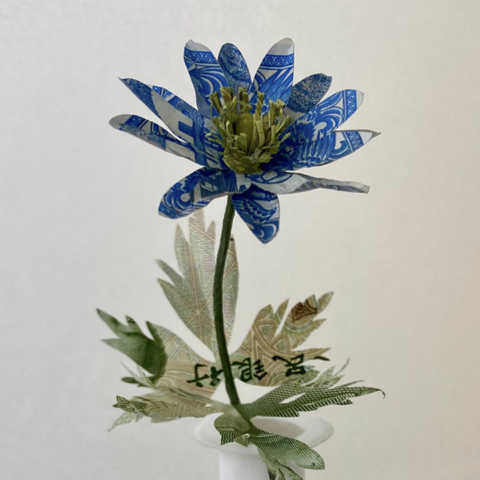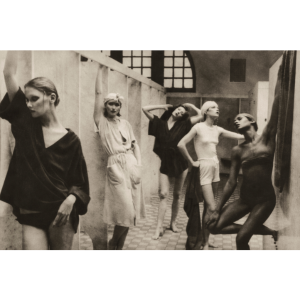Portugal to the World
By Olivia Preston
Despite being a fairly small country in south-western Europe, Portugal certainly has contributed to global culture through work by its artists, musicians, filmmakers and designers all native to the region. It may be known for producing sporting legends, such as the likes of Cristiano Ronaldo and José Mourinho, but Portugal is home to so much more. It is a golden jewel that produces creative arts to a high standard.
A creative centre in itself, Portugal and its capital, in particular, Lisbon has played host to many innovative individuals who have harnessed both the beauty and complexity of the Portuguese landscapes and people to produce art and creativity that captures the essence of Portugal.
The world of fashion has been graced by the work of womenswear brand, Marques Almeida, headed by their Portuguese founders – the designers said to be responsible for the distressed denim revival of the 2010s. Marques Almeida creates ready-to-wear pieces for women and children and lends its fresh and contemporary message of empowerment – spoken through their designs, to their training at the Fashion School in Portugal. The place where the founders met and started their journey starting just after their graduation in 2007.

As for artists, Joana Vasconcelos is a contemporary artist based in Lisbon, who has made a name for herself with her large-scale installations. Through her utilisation of metal, glass and even materials like tampons, Vasconcelos has securely cemented herself into the Portuguese art scene.

Another artist from Lisbon is Leonor Antunes who specialises in installations and takes much inspiration from feminists whose voices haven’t been heard in the modern art scene. She embraces the integration of traditional craftsmanship from around the world into her art. Materials such as rope, leather, cork, wood, brass, and rubber are used by Antunes to create her sculptures. Antunes is creating a public art commission this year – a stained-glass window piece for a new museum The Box in Plymouth that is opening this year.

Filmmakers are also coming from this land. Pedro Costa is making himself known in the world of cinema with his depiction of marginalised people in desperate living situations. He lends much of his cinematic style to the distinct visual approach of chiaroscuro, utilising the contrasts between light and dark.
While its shores are lined with sandy beaches that are bathed in the blue waters of the Atlantic Ocean, just outside the picturesque tiled heart of Lisbon, Rossio Square, lies the roots of Pedro Costa’s latest film, Vitalina Varela.

For Pedro Costa, the theme of representation has always been central to his filmography, which he began to produce professionally in 1989. Vitalina Varela – released in the UK this year, is no exception, with the narrative following the struggles of the Fontainhas people from the former Portuguese colony of Cape Verde.
Winning the Best Film Award at the 2019 Locarno Film Festival, Costa’s interpretation of the battles faced by those in the Lisboan slums highlights the class, racial, religious and social inequalities present in Portugal.

Over the past 25 years, Pedro Costa has devoted his life’s work to look at these challenges faced by the Portuguese people and this March, the ICA is celebrating the exceptional feature films produced by Costa. Categorised for his use of raw subject matter paired with radical and political dimensions, his films swing between life and death, making for an uncompromising and unprecedented form of art.
These artists may have different disciplines in different creative industries, but the one things that bring all these together is that the root of their talent originated in Portugal.
The ICA is hosting screenings of his most notable works, Casa De Lava, Bones and Vitalina Varela, beginning on 3rd March. After the screenings, there will also be a Q&A with Pedro himself. However, in uncertain times it is good to check if public galleries are in fact open or if events like these will be postponed.





